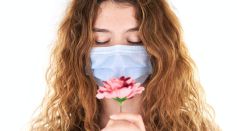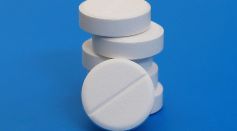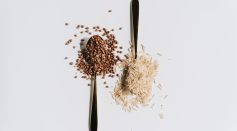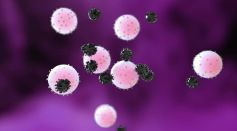MEDICINE & HEALTH

Want Your Kids to Eat More Vegetables? Here's How
First-of-its-Kind Brain Signal Detected Hinting at More Powerful Brain Capabilities
Healthy Genetics, Less Mutations: The Importance of Keeping Males in a Population Highlighted in New Study
COVID-19 Vaccination Effect: Rare Neurological Condition Detected in Some Individuals After Getting Vaccinated

COVID-19 Survivors Might Take a Year to Recover Loss of Smell and Taste
COVID-19 Alpha, Beta Variants Now More Infectious, Evasive; Should We Worry?

Research Concludes Building Blocks of Muscle Fibers Lost After a Stroke

Drinking Soda, Paracetamol to Treat Depression Cause Miscarriage Among Pregnant Woman NOT True

Human Trials on Edible Rice Vaccine Campaign Against Cholera Passes Phase 1
Highly Venomous Caterpillar: Potential for Medicine, Pest Control [Study]
COVID-19 Patients Seven Times More Likely to Get Bell's Palsy Than Those Who Get the Vaccine

COVID-19 Virus Being Copied and Trapped, 'Nanodecoy' Cells Produced by Human Lungs
Pseudo-Hallucinations? Take This Simple Test and See If You Generate Mental Images Better Than Others

Coronavirus Epidemic in East Asia Started 20,000 Years Ago, Study Claims
Most Popular

Blood Moon to Appear During Total Lunar Eclipse on March 3, 2026

The Science of Aging: What Cellular Aging and Telomeres Reveal About Human Longevity

How Volcanoes Destroy, Build Land, and Shape Earth's Surface and Climate

NASA's Artemis II Delayed by Rocket Issue, Preparing to Roll Rocket Back Into Hangar




